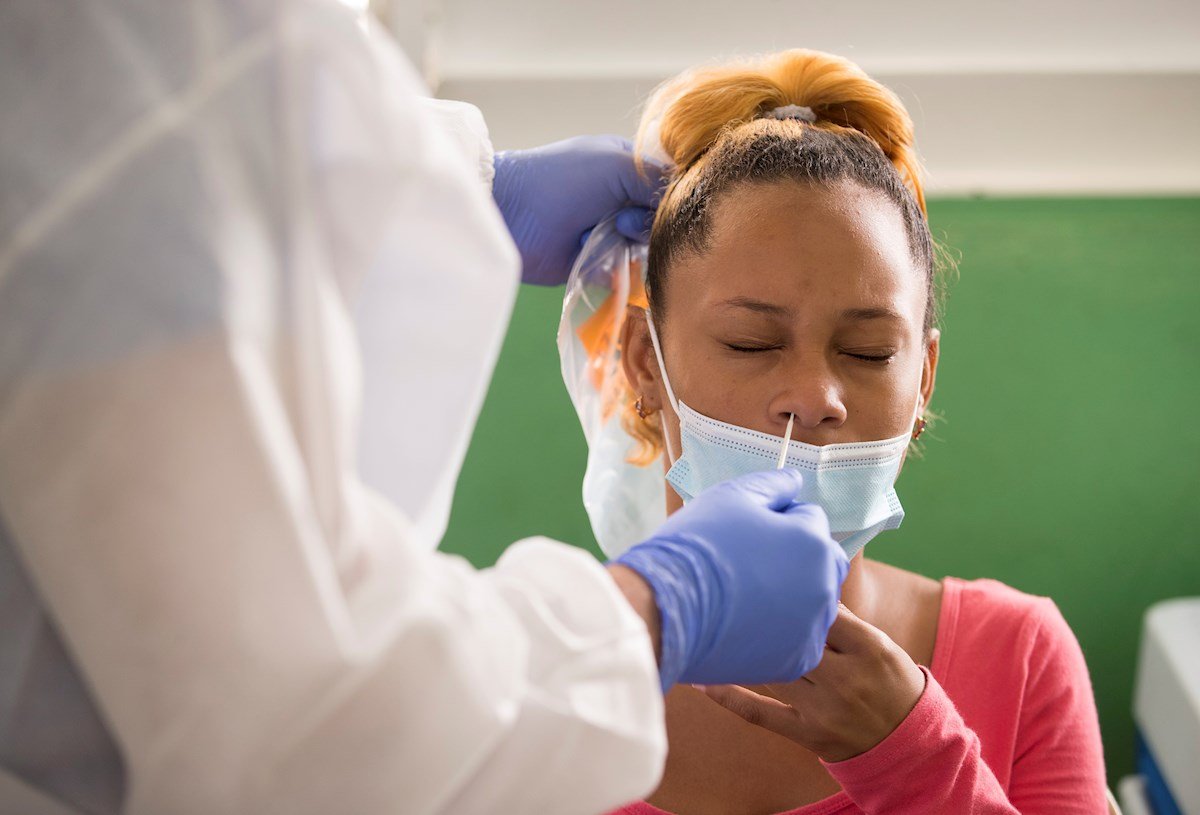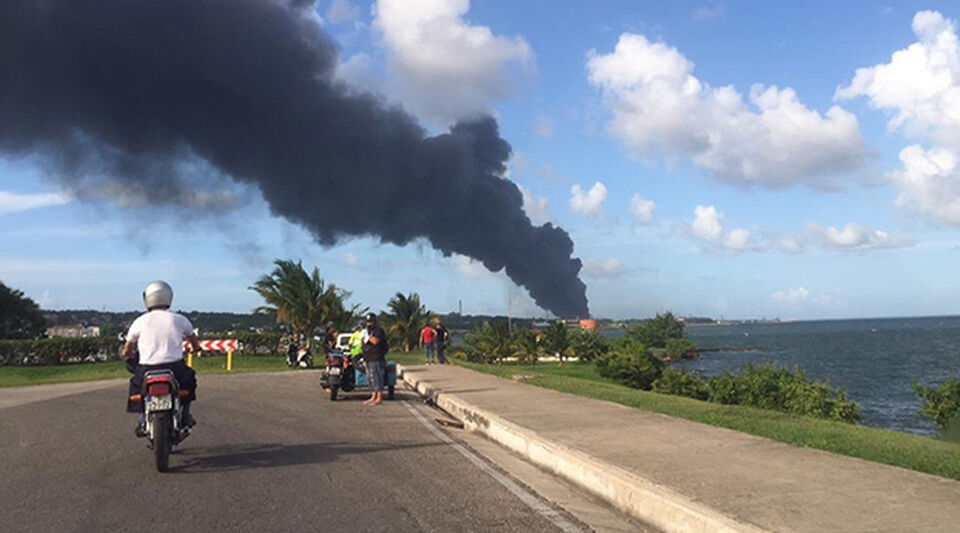One in eight adult patients with COVID-19 develops prolonged symptoms of the disease, according to estimates from a Dutch study published this Thursday by the British medical journal The Lancet.
The researchers, from the University of Groningen, compared the frequency of new or severe symptoms in an uninfected population with people who had been diagnosed with the disease, allowing a more reliable estimate of the prevalence of long-term disease than in previous studies.
Of adults who had COVID, 21.4% experienced at least one new or severe symptom three to five months after infection, according to research, which has found that one in eight patients experience long-term symptoms.
The study also looked at people’s symptoms before and after SARS-CoV-2 infection.
This made it possible to identify the core symptoms of prolonged covid: chest pain, shortness of breath, pain when breathing, muscle pain, loss of taste and smell, tingling in the extremities, lump in the throat, sensation of hot and cold, heaviness in arms and/or legs, and general tiredness.
New study confirms that long COVID also affects children and adolescents
The study provides one of the first comparisons of long-term symptoms after SARS-CoV-2 infection with symptoms in an uninfected population, as well as measuring symptoms in individuals before and after COVID-19.
“There is an urgent need for data that informs the scale and extent of long-term symptoms experienced by some patients after COVID-19 illness,” said Judith Rosmalen of the University of Groningen, lead author of the study.
“Our study approach looks at symptoms that are most often associated with prolonged COVID, including breathing problems, fatigue, and loss of taste and/or smell, both before a COVID-19 diagnosis and in people who don’t. have been diagnosed,” he adds.


















